United Nations Resident Coordinator in Vietnam Pauline Tamesis speaks at the event - Photo: VGP/Thuy Dung
Nearly 250 delegates from agencies and organizations within Vietnam's anti-trafficking network, including representatives from government agencies, United Nations organizations, international organizations, cybersecurity experts, and youth leaders, attended the seminar.
The event aims to raise public awareness of emerging trends in human trafficking, advocate for strengthening the capacity of law enforcement agencies, enhance international cooperation, leverage technology to identify and dismantle human trafficking rings, and ensure that policies always place the voices of victims at the center.
World Day Against Trafficking in Persons, celebrated annually on July 30th, serves as a global reminder of the importance of raising awareness about this crime that affects not only the victims but also society as a whole.
This year's theme, "Human Trafficking is Organized Crime – Let's Act Together to End Exploitation!", emphasizes the crucial role of law enforcement agencies in combating organized crime while ensuring that the legal system places victims at the center of protection, support, and access to justice.
In recent years, the human trafficking situation in the Asia- Pacific region has become increasingly complex. Since the COVID-19 pandemic, Southeast Asia has witnessed a surge in scam hubs, where transnational criminal organizations operate sophisticated online fraud schemes.
According to the International Organization for Migration (IOM) report on the state of human trafficking into online scams in Southeast Asia, the number of traffickers receiving IOM support in the region has more than tripled from 296 in 2022 to 978 in 2023.
Speaking at the event, the United Nations Resident Coordinator in Vietnam, Pauline Tamesis, shared that Vietnam is preparing to host the signing ceremony of the Hanoi Convention, the first global treaty to address cybercrime, marking a turning point in international cooperation to combat crimes using technology, including human trafficking.
"Above all, we need to reaffirm our commitment to protecting victims, especially vulnerable communities and children, and to dismantle organized crime networks in the digital age," emphasized Pauline Tamesis.
Representatives from various agencies and organizations pose for a commemorative photo at the event - Photo: VGP/Thuy Dung
According to Colonel Le Hoang Duong, Deputy Director of the Foreign Affairs Department of the Ministry of Public Security, the consistent stance of the Vietnamese Party and State is to recognize, protect, and guarantee human rights, especially those of women and children.
The national program on preventing and combating human trafficking, in all stages, mobilizes the involvement and participation of the entire political system, ministries, departments, and all citizens; in which, prevention is the main and fundamental element in the implementation of all aspects of the work.
Notably, the Law on Prevention and Combat of Human Trafficking of 2024, effective from July 1, 2025, has added important principles to meet practical requirements and align with international treaties to which Vietnam is a signatory, especially the principle of "victim-centeredness," expanding the scope of protection and support for victims, Mr. Duong emphasized.
IOM Mission Director-General Mitsue Pembroke in Vietnam highly appreciated Vietnam's efforts in promoting safe migration and preventing and combating human trafficking, especially the Government's efforts in amending the Law on Prevention and Combatting Human Trafficking in 2024.
"This is a significant milestone and demonstrates Vietnam's strong commitment to combating this type of crime. The amendment to the law will lay a more solid foundation for addressing the increasingly complex trends of human trafficking, which is becoming more complicated due to socio-economic challenges," said the Acting Head of the IOM Mission in Vietnam.
With nearly 2.4 billion young people globally, this is the largest generation in history. Of the 281 million international migrants, approximately 11.3% are under 24 years old. In Vietnam, there are more than 22 million young people aged 16 to 30, and many are considering seeking better job and education opportunities elsewhere.
Thuy Dung
Source: https://baochinhphu.vn/cam-ket-manh-me-cua-viet-nam-trong-phong-chong-mua-ban-nguoi-tren-khong-gian-mang-102250728144405775.htm


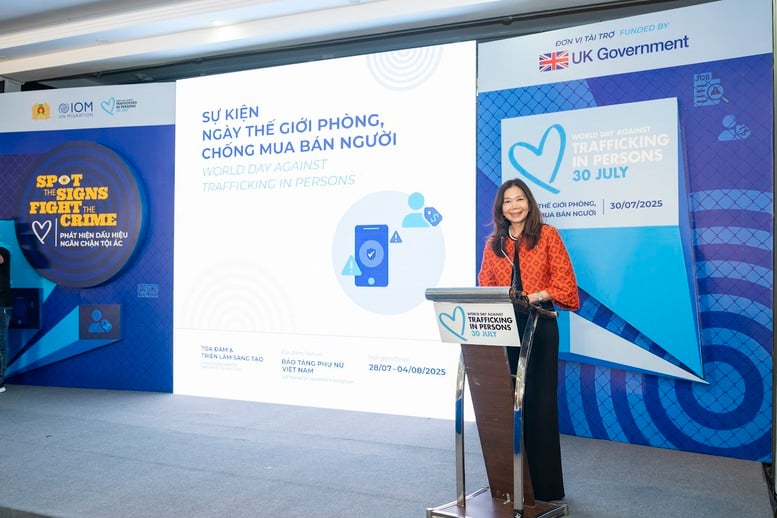
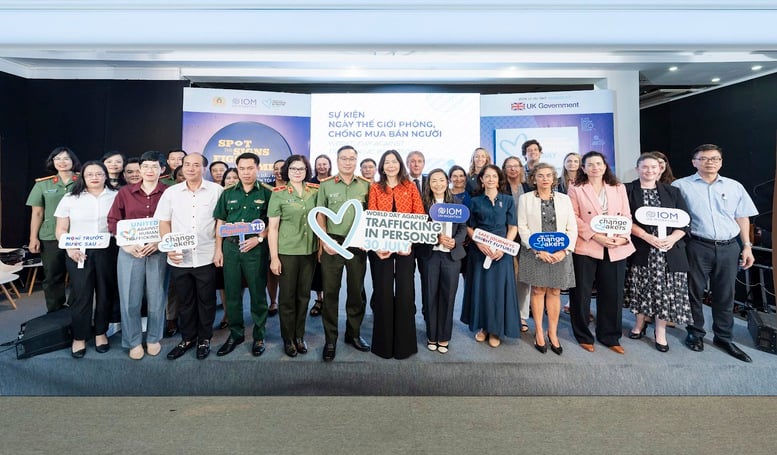






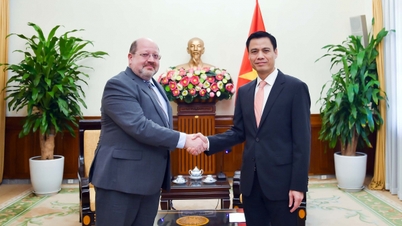

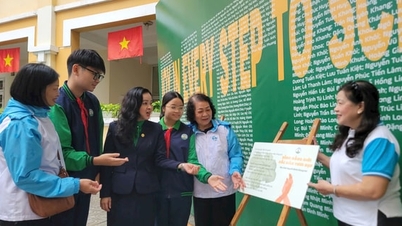

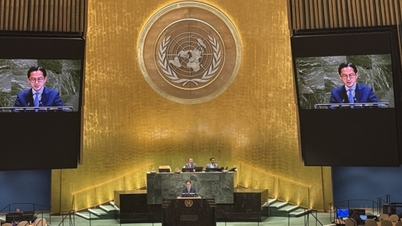
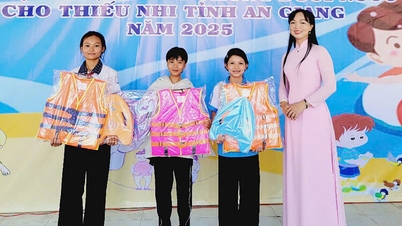

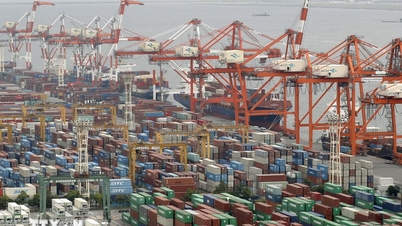

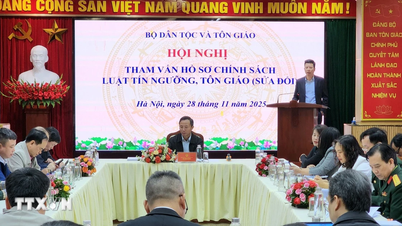

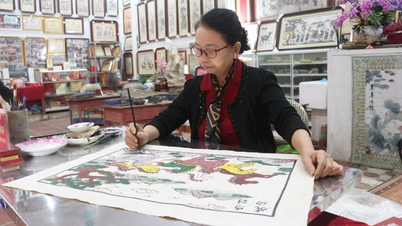




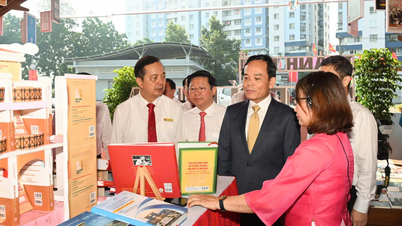

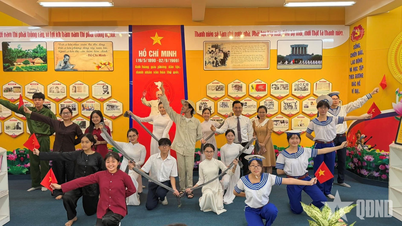
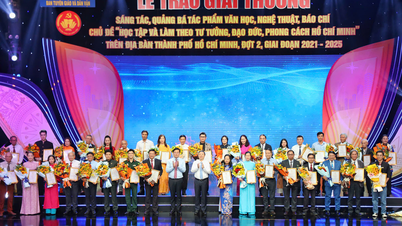







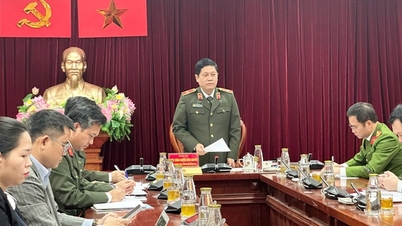
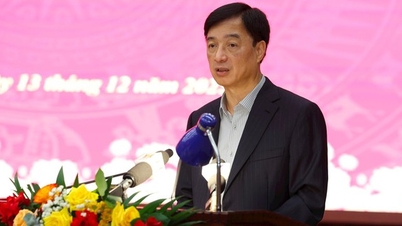
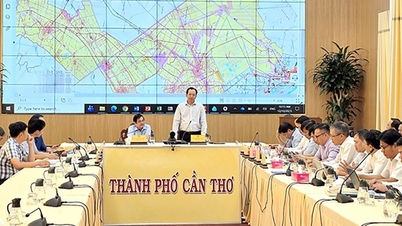




































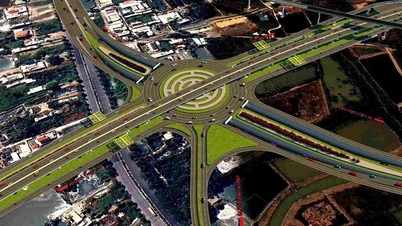

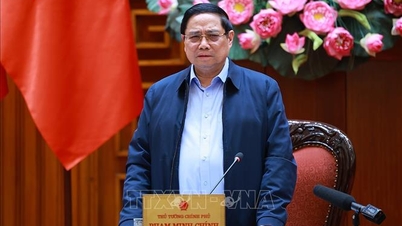
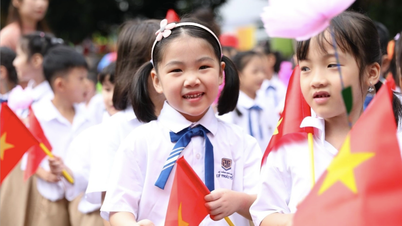





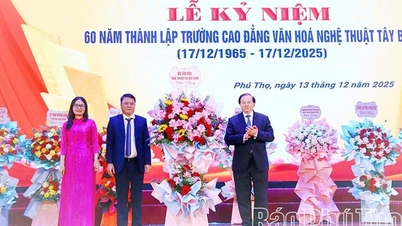
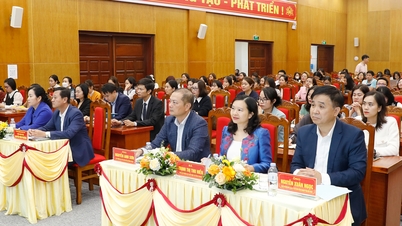

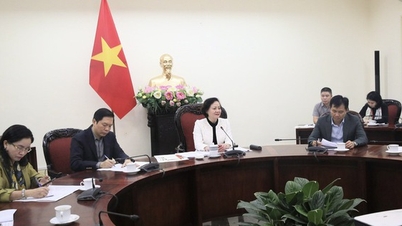
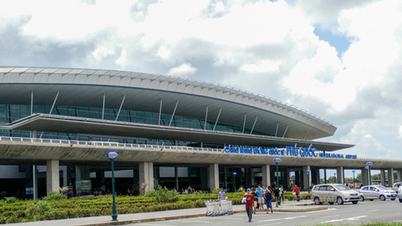
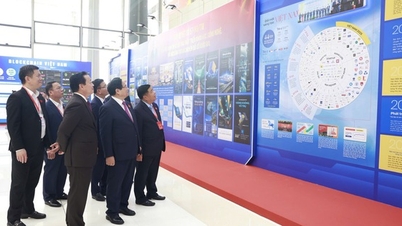
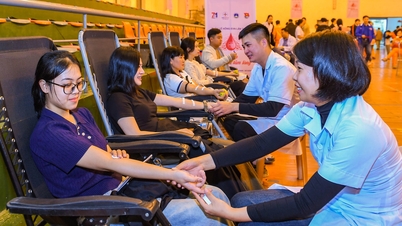



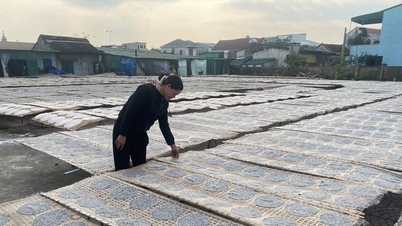


















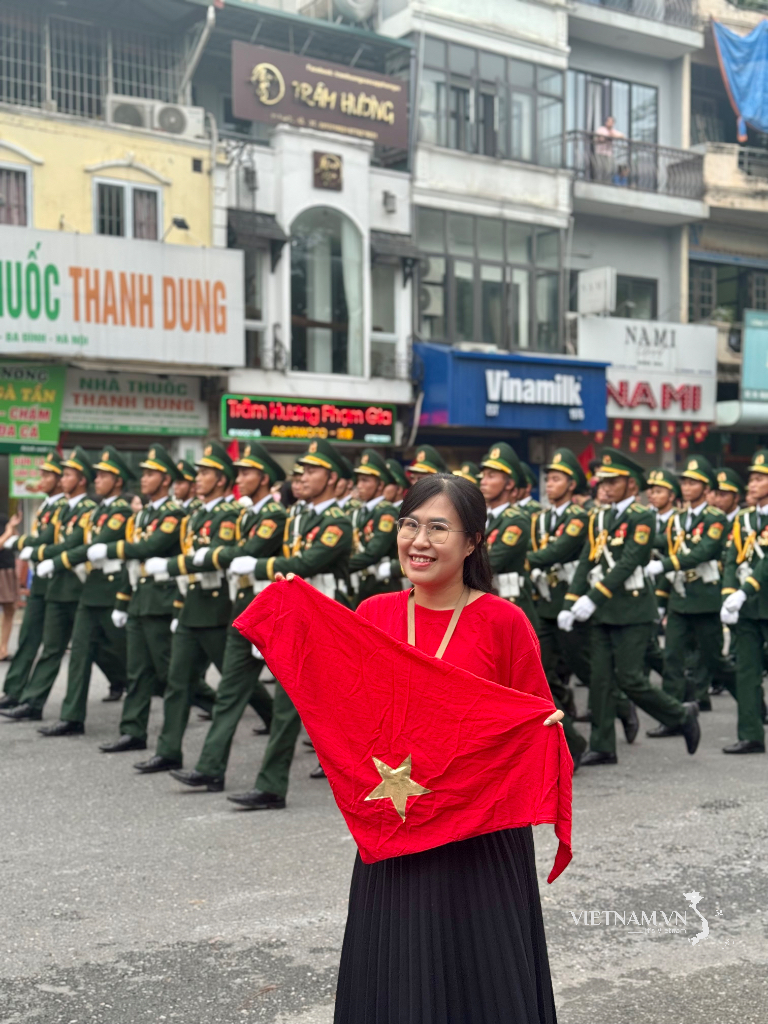
Comment (0)